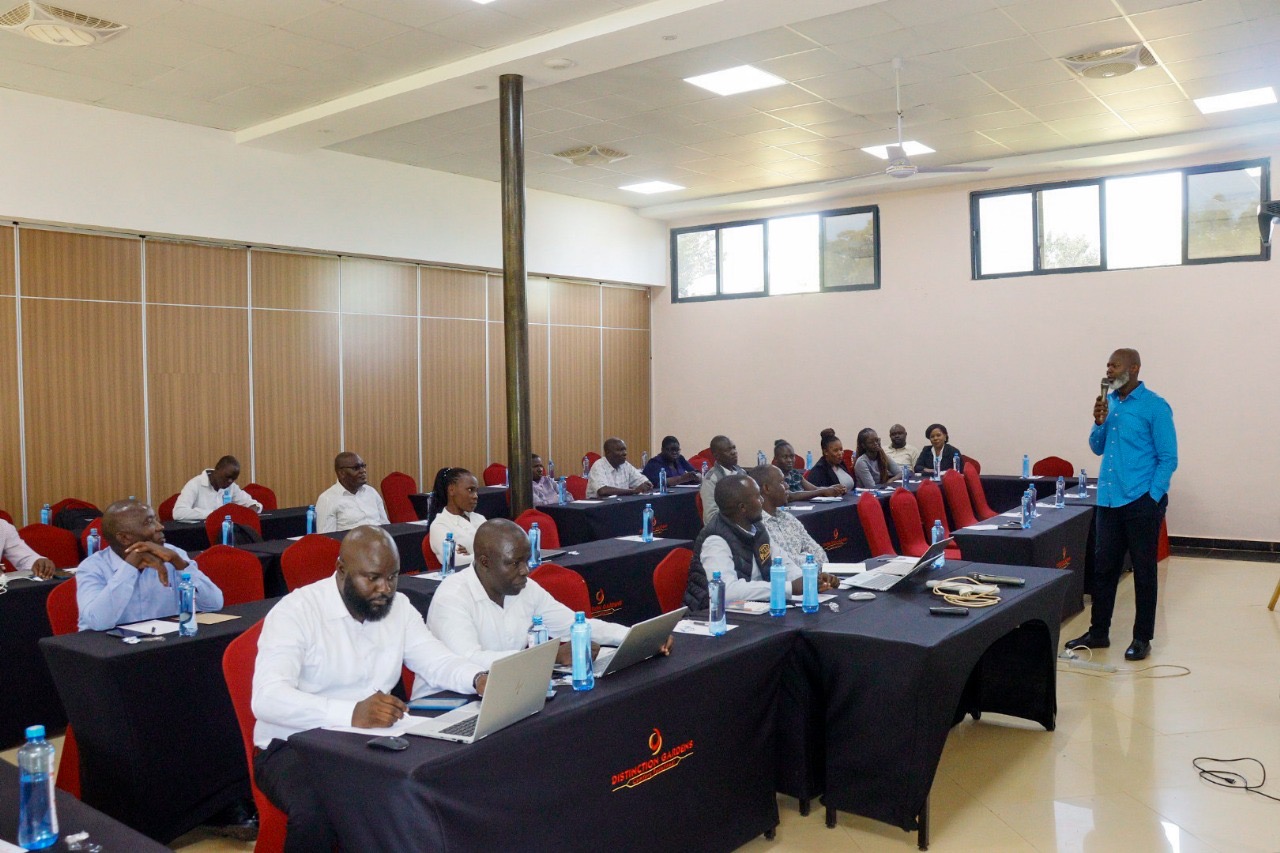 Mr. George Odhiambo Nying’iro, the Acting County Executive Committee Member (CECM) for Finance and Economic planning, embarked on a vital training program that aims to transition the county’s financial systems from cash-based accounting to accrual-based accounting.
Mr. George Odhiambo Nying’iro, the Acting County Executive Committee Member (CECM) for Finance and Economic planning, embarked on a vital training program that aims to transition the county’s financial systems from cash-based accounting to accrual-based accounting.
The training, facilitated by the State Department of National Treasury and Economic Planning, is led by the deputy director, Mr. Cornel Otieno. It brings together key stakeholders, including county finance officers, accountants, auditors, and department heads.
Designed to enhance transparency, accountability, and efficiency in service delivery, the program equips attendees with the skills and knowledge needed to implement accrual accounting effectively.
Set to commence from the financial year 2025-2026, this transition from cash accounting to accrual accounting will provide useful information about the Nyalore administration for better decision-making and accountability purposes on the resources the government is entrusted with.
Accrual accounting records revenue and expenses when they are earned or incurred, regardless of when cash is exchanged, providing a more comprehensive view of the county’s financial health. During the training, there was enlightenment on the limitations of cash accounting and reasons as to why the transition is essential. Some of the limitations include assets accounting, pending bills/payables, limited disclosures, receipts, and payments.
The main difference between cash and accrual accounting lies in when revenues and expenses are recognized: cash accounting records them when cash changes hands, while accrual accounting records them when earned or incurred regardless of cash flow. Other differences are as follows:
- Cash accounting records transactions when cash is exchanged, while accrual accounting records transactions when they occur, not when cash changes hands.
- Cash accounting is simpler to implement, while accrual accounting provides a more comprehensive financial picture
- Cash accounting is suitable for small business and individuals, while accrual accounting is more complex to implement
- Cash accounting may not provide a complete picture, while accrual accounting is generally required for larger businesses and generally accepted accounting principle
Benefits of accrual reporting
- Provides a more accurate view of a company’s health by including accounts repayable and accounts receivable
- Improves reporting
- Demonstrates accountability in managing assets and liabilities recognized in the financial statements
- Risks are recognized and disclosed
- Acknowledge and plan for the payment of all recognized liabilities, not just borrowings
 There was emphasis on annual reporting timelines, which should be done by 30th June for the end of Financial Year and the final submission on 31st August. Quarterly reporting timelines are as follows: 15th October, 15th April, 15th January, and 15th July of every year.
There was emphasis on annual reporting timelines, which should be done by 30th June for the end of Financial Year and the final submission on 31st August. Quarterly reporting timelines are as follows: 15th October, 15th April, 15th January, and 15th July of every year.
The main actors in financial reporting are follows: The National Treasury, Public Sector Accounting Standards Board (PSASB), Office of the Controller of Budget (OCOB), Commission of Revenue Allocation (CRA), Office of the Auditor General (OAG), and finally, the National Assembly and the Senate, where they approve the budget and provide oversight.
The training prescribed the basis for presentation of the general purpose of financial statements to ensure comparability of cash accounting with accrual accounting in modelling comprehensive financial reporting. This shift promises more accurate financial reporting and better resource management and underscores Nyalore Administration’s dedication to improving its financial reporting standards.
